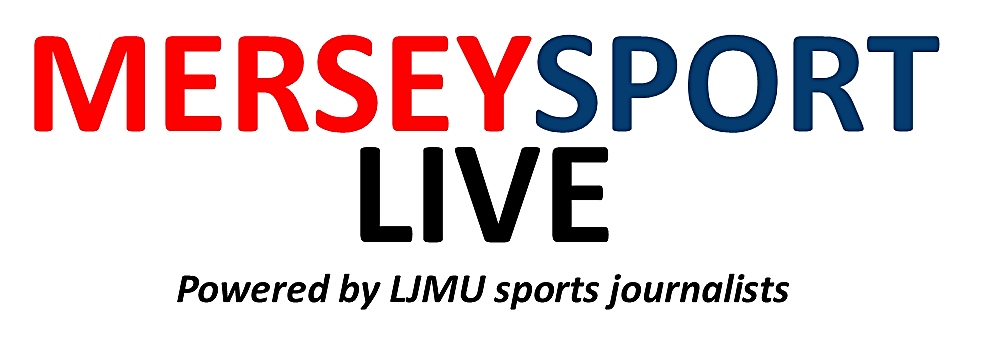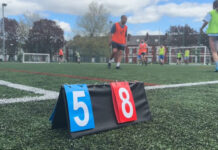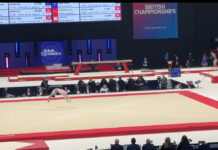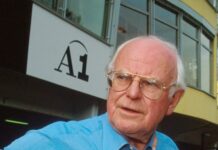The debate on whether breakdancing is strictly a sport is bound to run and run in the wake of it becoming an Olympic sport, but one dance centre in St Helens is cashing in on the boom.
Powered by Hip Hop run break dancing sessions with age groups starting at four years old all the way up to adults. They got in on the act way before the Paris Games, and have been have been competing across the UK and internationally since 2005.
Break dancing has been around in the UK since the 80’s with the 90’s proving difficult for the movement as popularity dwindled but the 2000’s saw more success, particularly in the Northwest as it “has always had a good breaking scene” especially since it became embedded into pop culture with films such as Street Dance. The 2024 Paris Olympics has helped garner another popularity shift moving towards the mainstream alongside the world’s biggest sports.
Breaking makes its Olympic debut today!#BreakingForGold pic.twitter.com/TvcGNcwYie
— The Olympic Games (@Olympics) August 9, 2024
Is it a sport?
“It’s a sport, art and a culture” according to director and coach at Powered by Hip Hop Tom Glynn. Its foundations in the 1980’s have more of an artistic influence. “Through the town [St Helens] in the 2000s it has become more of a sport particularly how it has been developed for the Olympics and the more engagement we got back.
The Olympics labelling it a sport was an ideal opportunity for local crews to try and get more members and awareness of break dancing. Powered by Hip Hop was no different. The build up to the Games was seen as a pivotal in the future of “breaking” in the area. Glynn said. “We did hedge our bets for about 12 months that this was the time that we could recruit more members.”
He added, “the spotlight was on breaking and people would be able to see how brilliant it is and that was excellent for us and the wider community as a whole.”
The Legacy
According to Glynn, the social media frenzy after Olympics actually the event damaged break dancing. He and his crew had to change their approach in getting people involved.
The biggest fallout after the Olympics was the focus on one breaker in particular called Raygun. “She’s put it on the map, so we’re trying to utilise that to the best of our ability and get people into the movement in and around the area.”
Only a month after the final of the Olympics, competitions like the Red Bull BC One took place in London where the sport received better coverage so the public could watch the competition and start to see the real event and give it a fair chance even if we won’t see it at the next summer games.
Rachael 'Raygun' Gunn on breakdancing not being included in the 2028 Olympic Games pic.twitter.com/1gVlPYxMgw
— Bleacher Report (@BleacherReport) August 13, 2024
Local breakdancing
Glynn passionately feels that breaking has a big impact on the local community as kids in St Helens learn more about the sport.
He also hopes that even if the next breaking superstar doesn’t come out of St Helens that they would have learned fundamental skills that could transfer beyond breaking. “Breaking is athletic and dynamic and the movements they learn lend themselves to other sports such as football or gymnastics. We want to help these kids learn and apply those skills.”

















